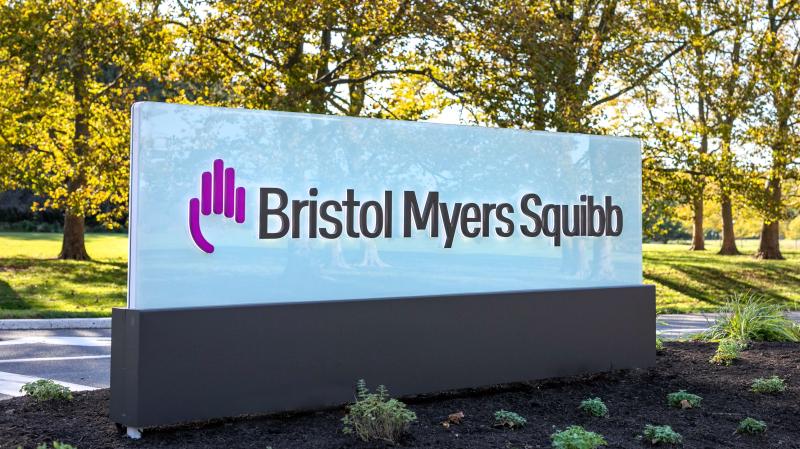Bristol Myers Squibb has released a very top-line look at the first late-stage data for a lymphocyte-activation gene 3 (LAG-3) asset, but with no actual figures there’s a lag before we find out just how well it did.
The data are from the phase 2/3 RELATIVITY-047 trial looking at a combo of BMS’ relatlimab, an anti-LAG-3 antibody, and its approved checkpoint inhibitor Opdivo (nivolumab) versus Opdivo alone in first-line patients with metastatic or unresectable melanoma.
There are no numbers: BMS simply says it hit its primary endpoint, progression-free survival, but not by how much. Assessment of the bigger and more important endpoint, overall survival, is still ongoing.
The trial is made up of more than 700 patients being given a fixed-dose combination of relatlimab 160 mg and Opdivo 480 mg or Opdivo 480 mg alone by intravenous infusion every four weeks.
A full breakdown is expected at an unknown “upcoming meeting” as BMS also gears up for discussions with regulatory authorities and thinks about filing. There have been a series of new meds over the past 10 years, including Opdivo, for advanced melanoma, helping change a once certain death sentence into a much more manageable disease for some patients.
Because of this, the combo will need to show some strong numbers if, should it gain approval down the line, it is to compete. It will excite some observers, however, given the novelty of relatlimab and its potential as a new way of treating cancer.
Targeting immune checkpoints, especially programmed death 1 (PD-1)/programmed death ligand 1 (PD-L1), such as Opdivo does, has made great strides in treating certain advanced cancers like melanoma.
The idea and hope, which BMS may tease out from this trial, is that the inhibitory immune checkpoint LAG-3 holds considerable potential to boost responses and stop resistance, a common issue in many cancer treatments.
LAG-3 works by suppressing T-cell activation and cytokine secretion, thereby ensuring immune homeostasis. It exerts differential inhibitory impacts on various types of lymphocytes and has shown synergy with PD-1 to inhibit immune responses.
“Immune checkpoint inhibitors alone or in combination have transformed treatment and improved survival rates for patients with metastatic or unresectable melanoma. However, there remain a considerable number of patients who could benefit from a novel combination therapy that leverages potentially complementary pathways to improve anti-tumor activity,” explained Jonathan Cheng, M.D., Ph.D., senior vice president and head of oncology development at BMS.
“The results of this study suggest that targeting the LAG-3 pathway in combination with PD-1 inhibition may be a key strategy to enhance the immune response and help improve outcomes for these patients.”
Its fierce rival Merck is also working on anti-LAG3 antibody MK-4280, which it has combined in earlier trials with its blockbuster checkpoint inhibitor Keytruda, though BMS appears to have pulled further ahead in this race with its latest readout.

